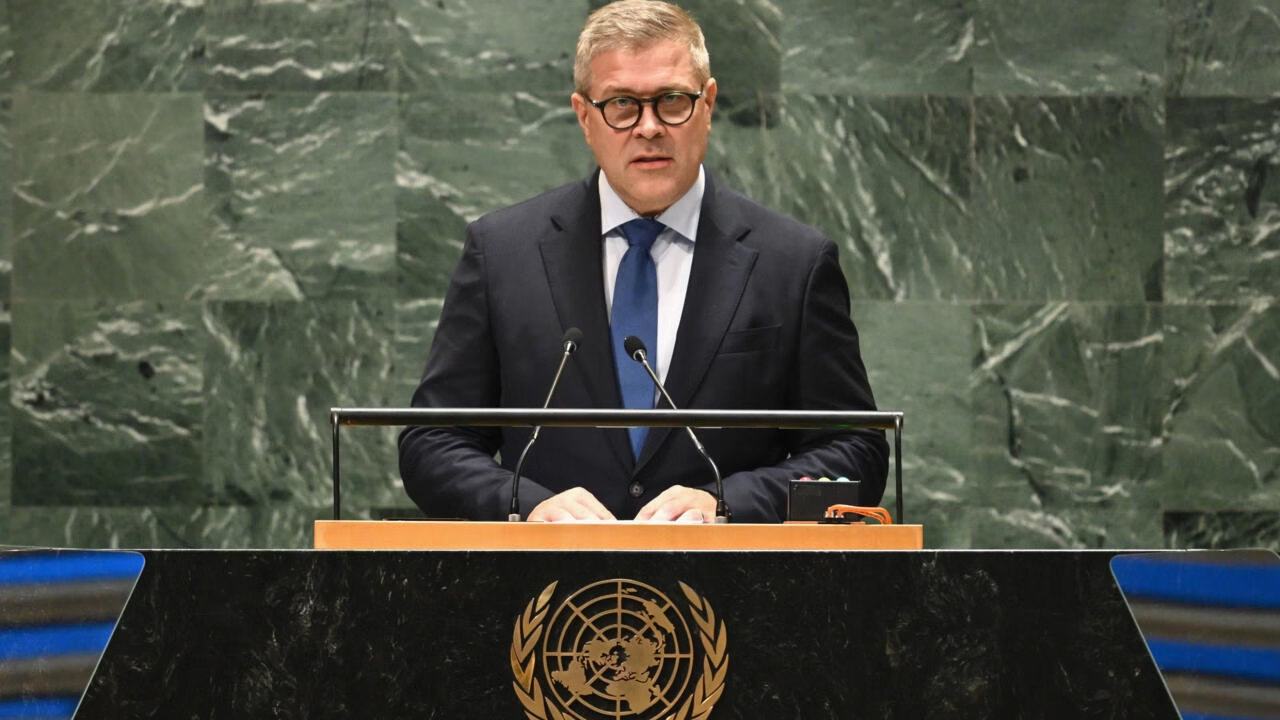Icelanders voted Saturday in a legislative election prompted by the collapse of a three-party coalition government. The election has been dominated by economic concerns, with inflation, high interest rates, housing, and healthcare as the key issues on voters’ minds.
Polling stations opened at 9:00 am and are expected to close by 10:00 pm, though severe weather, including heavy snowfall and strong winds, may hinder voter turnout in some regions.
The snap election follows the resignation of Prime Minister Bjarni Benediktsson’s coalition government in October. The coalition, comprising the Independence Party, the Left-Green Movement, and the Progressive Party, disbanded over disagreements, particularly on immigration policies. Despite this, immigration remains a secondary concern for voters, with only 18% prioritizing asylum issues, compared to over 60% focusing on healthcare and housing.
The Social Democratic Alliance, led by Kristrun Frostadottir, leads in pre-election polls with 20.4% voter support, followed by the Liberal Reform Party at 19.2%. Benediktsson’s Independence Party trails in third at 14.5%. Political analysts suggest a likely coalition between the Social Democratic Alliance, the Liberal Reform Party, and potentially other smaller parties.
First-time voter Lena Brynjardottir highlighted the importance of balance, citing housing, financial stability, and human rights as key concerns.
The election comes during a year marked by both political turmoil and natural events. Iceland has faced seven volcanic eruptions in 2024, leading to evacuations near the southwestern Reykjanes peninsula, including the famed Blue Lagoon spa.
The election results will shape Iceland’s next coalition government, with the outcome expected to reflect voters’ demand for economic stability and policy reforms.



